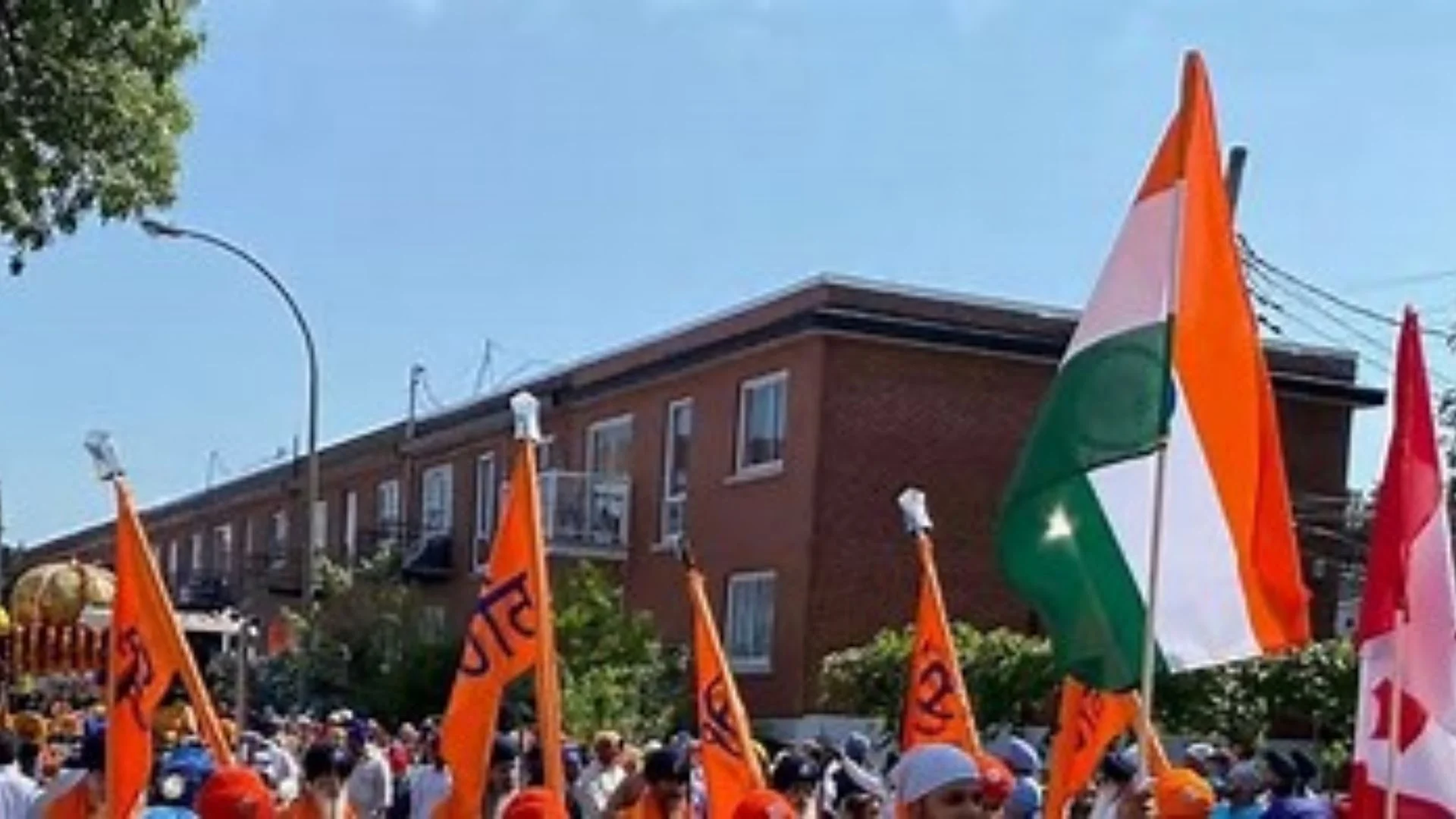
Gujarati has become the third most-spoken language among Indian immigrants in Canada, following Punjabi and Hindi, according to Statistics Canada. With approximately 90,000 Gujarati-speaking immigrants in Canada, 26% of them arrived between 2016 and 2021. During this period, Punjabi speakers led with 75,475 arrivals, followed by 35,170 Hindi speakers. The Gujarati-speaking community followed with 22,935 new arrivals, ahead of Malayalam (15,440) and Bengali (13,835).
Since 1980, nearly 87,900 Gujarati speakers have settled in Canada, with migration surging after 2011 as Canada grew in popularity compared to the US and other English-speaking nations. Gujarati speakers saw the second-highest growth among linguistic groups between 2011 and 2021, with a 26% increase. Hindi speakers recorded the highest growth, surging by 114%, while Punjabi speakers saw a 22% rise. However, migration among Kutchi speakers declined from 460 between 2001 and 2010 to 370 from 2011 to 2021.
Canada’s comparatively easier permanent residency process and affordable education have been strong draws for Gujarati students and professionals, according to an immigration consultant quoted by Times of India. However, Canada’s recent shift in immigration policy and local concerns such as rising housing costs, job market saturation, and stricter permanent residency rules have dampened enthusiasm. Visa applications from Gujarat reportedly dropped by 80%, with interest now largely limited to family reunification for those with Canadian permanent residency.
On October 24, Prime Minister Justin Trudeau’s government announced a temporary 21% reduction in immigration targets, bringing the 2025 goal down from 500,000 to 395,000 permanent residents. Trudeau explained the adjustments are intended to ease the strain on Canada’s economy and public services post-pandemic, adding that the target will continue to decrease to 365,000 by 2027 as part of a broader immigration strategy.















